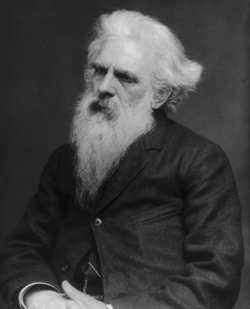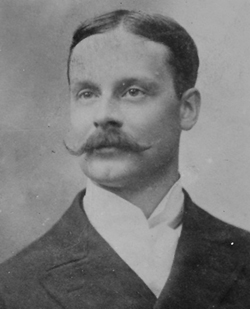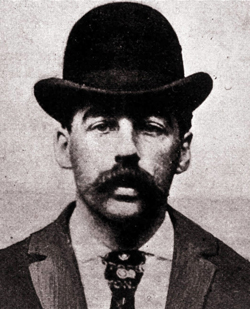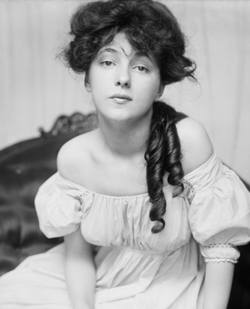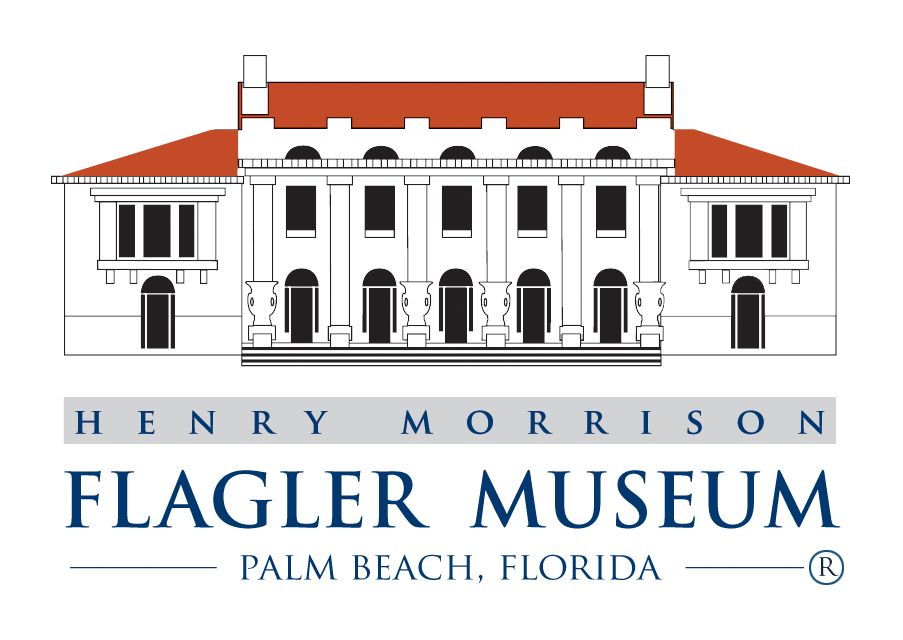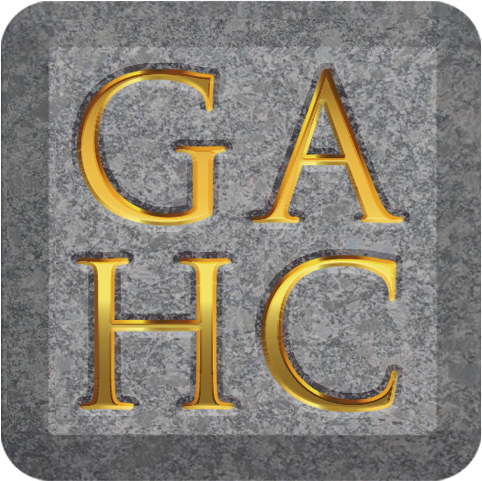Purchase tickets online, or call (561) 655-2833
Free for Museum Members at the Sustaining level and above
$10 for Individual, Family and Life Members
$28 per lecture for non-members, includes Museum Admission
$125 for complete series ticket, includes Museum Admission
The 29th Annual Whitehall Lecture Series welcomes best-selling authors to discuss Crimes of the Century. There will be a book signing with the author after each lecture.
Watch the Lecture Series online
Web visitors can now experience the Lecture Series via a live, interactive, Web seminar. On-line visitors can listen to the lecture live, see the presentation, and ask questions of the lecturer. There is no charge to join the on-line lecture. Begin by clicking on the "Join This Lecture Live" button.
Note: For first time users of the Flagler Museum's on-line room, you need to install a small, safe plug-in. When prompted please provide your first name and leave the password field blank. At the welcome page, click on the "Download Here" link. This will open a "File Download" dialogue box. Within that box, click on the "Run" button. Please be sure to configure your firewall to allow the Talking Communities software access to your computer and please disable your screen saver.

